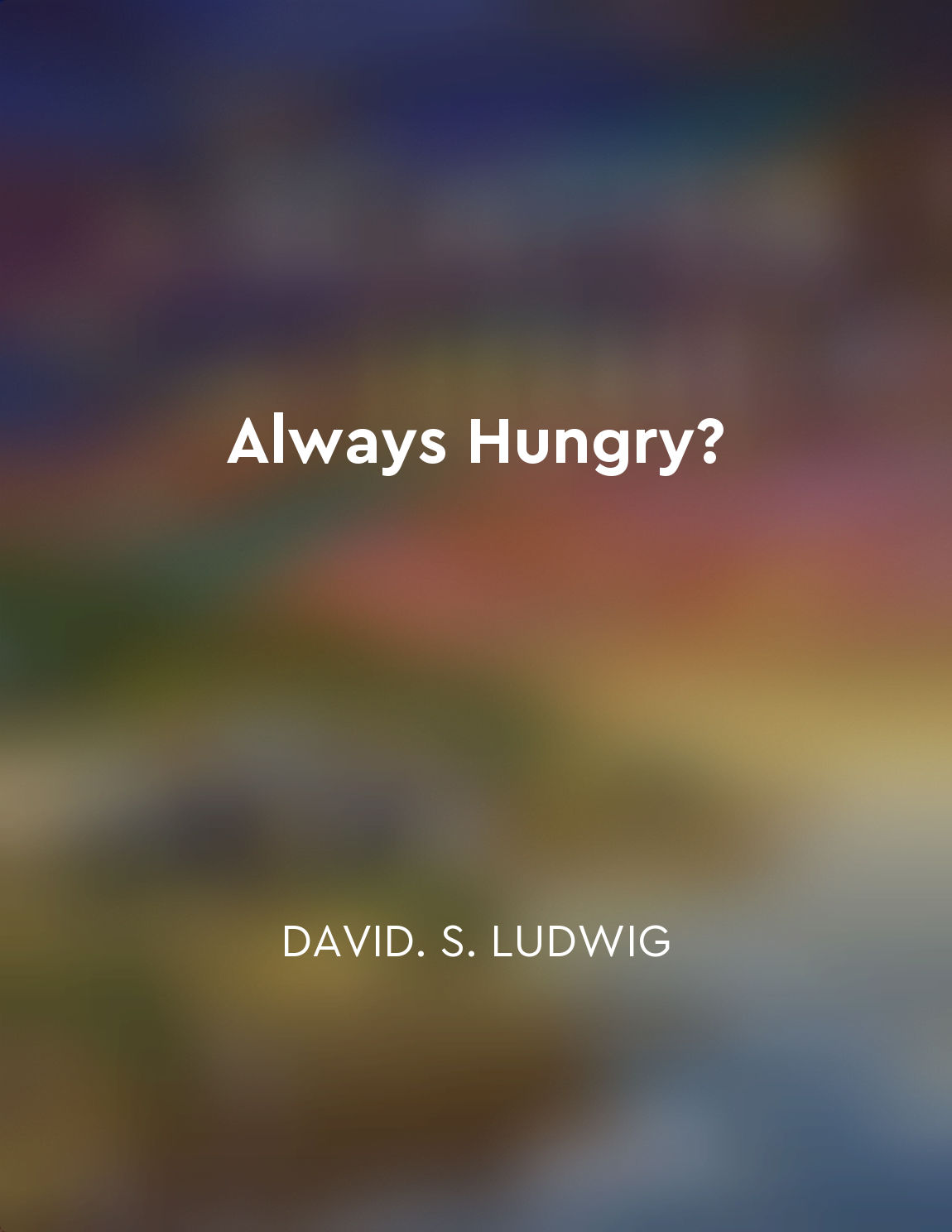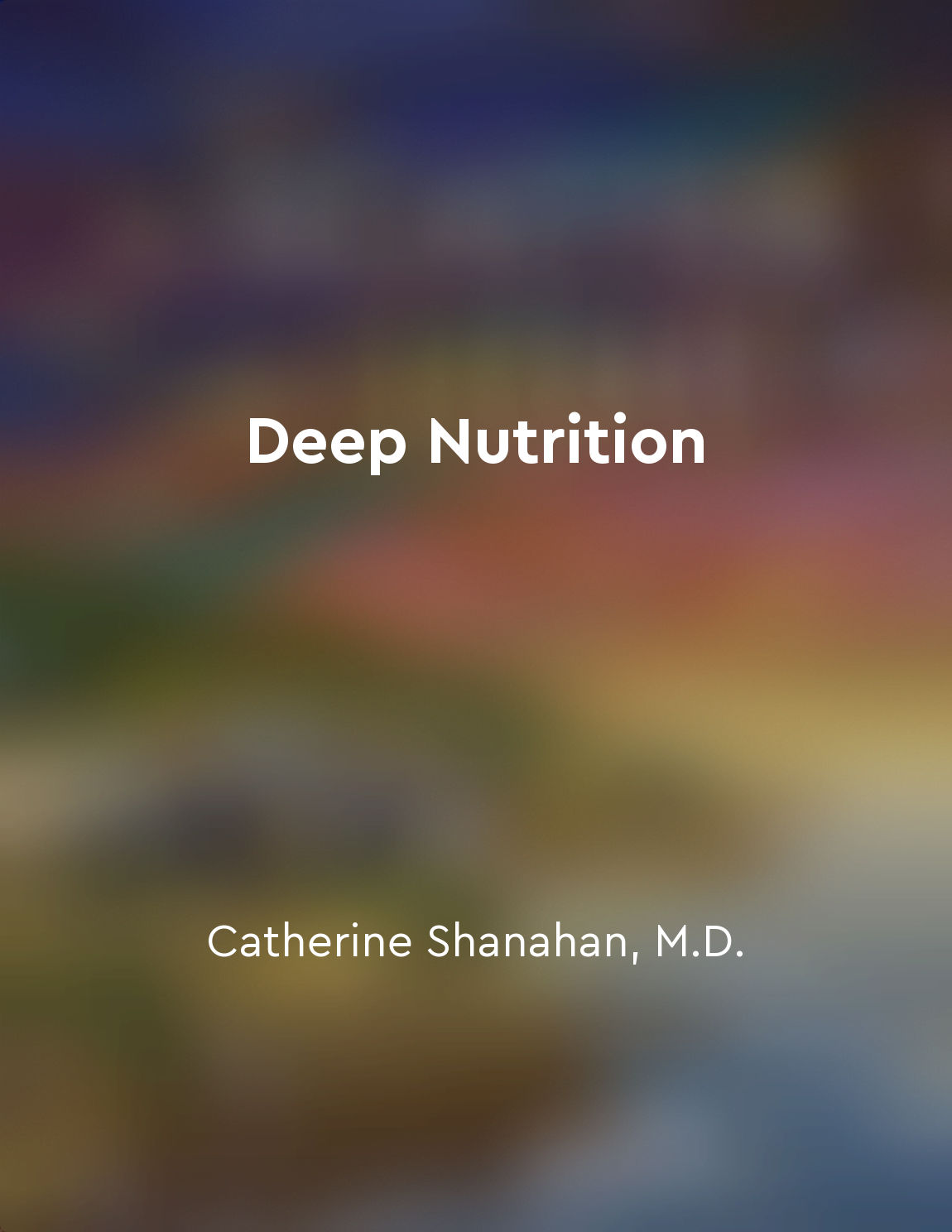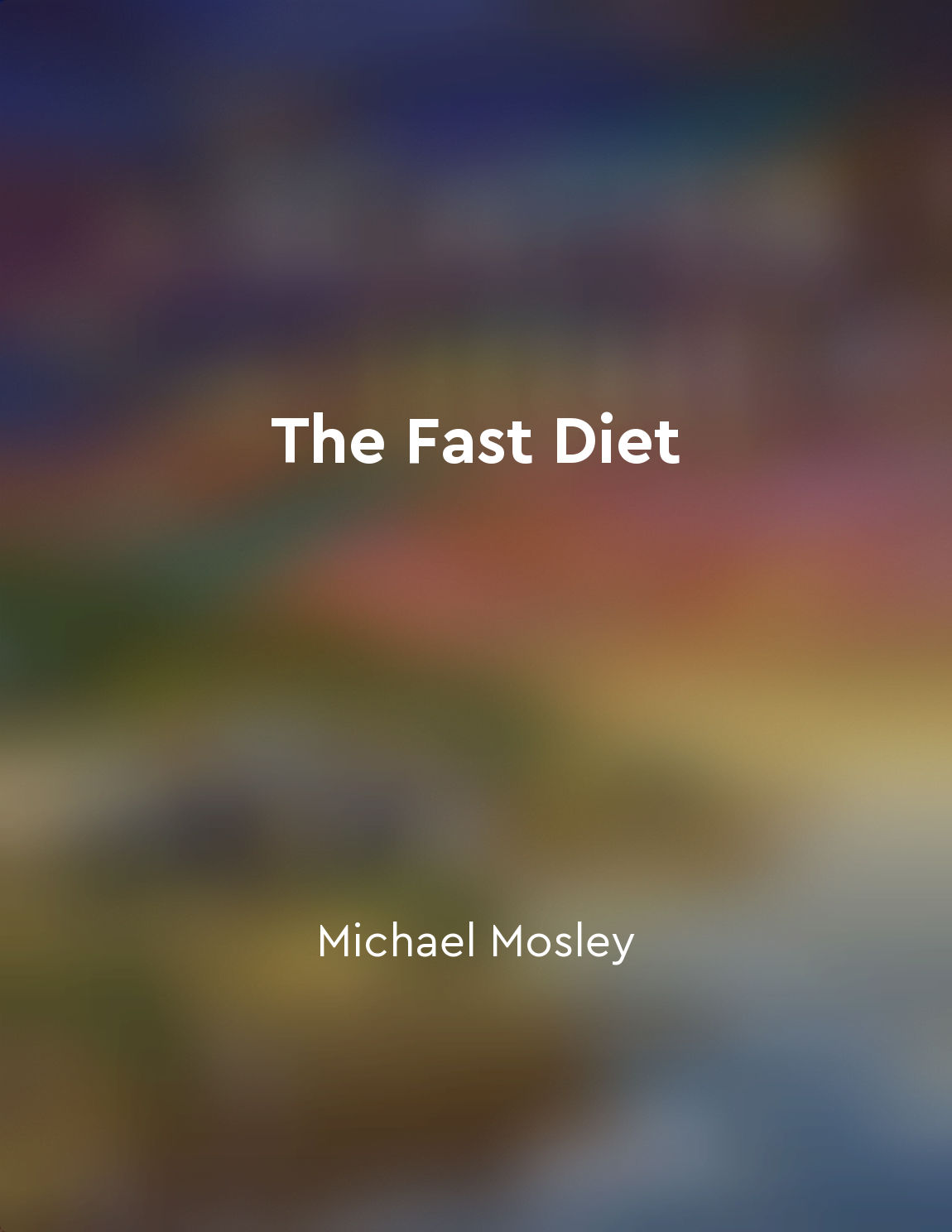Educating oneself about fasting can help alleviate any fears or misconceptions from "summary" of The Fast Diet by Michael Mosley,Mimi Spencer
When it comes to fasting, many people have preconceived notions that can lead to fear or misunderstanding. However, these fears and misconceptions can be easily dispelled by educating oneself about the practice of fasting. By learning about the science behind fasting and its numerous health benefits, individuals can approach the idea of fasting with a clearer understanding and a sense of empowerment. One of the key concepts to grasp is the difference between fasting and starvation. Fasting is a controlled and voluntary period of not eating, whereas starvation is an involuntary and prolonged deprivation of food. Understanding this distinction can help individuals see fasting in a different light and appreciate its potential impact on their overall well-being. Moreover, learning about the various methods of fasting, such as intermittent fasting or time-restricted eating, can provide individuals with options to suit their lifestyle and preferences. By exploring these different approaches, individuals can find a fasting method that works best for them and aligns with their goals. Additionally, educating oneself about the physiological changes that occur during fasting can demystify the process and alleviate concerns. For example, understanding how fasting triggers autophagy, the body's natural process of cellular repair, can highlight the positive effects of fasting on longevity and disease prevention. Furthermore, delving into the psychological aspects of fasting, such as its potential impact on mood and mental clarity, can help individuals navigate their fasting journey with a greater sense of awareness and mindfulness. By being informed about the potential challenges and benefits of fasting, individuals can approach the experience with a balanced perspective and realistic expectations.- By taking the time to educate oneself about fasting, individuals can overcome any fears or misconceptions they may have and embrace fasting as a powerful tool for improving their health and well-being. By delving into the science, methods, and effects of fasting, individuals can approach the practice with confidence and clarity, knowing that they are making informed choices for their health.
Similar Posts
Nightshade vegetables can be problematic for some people
Nightshade vegetables, such as tomatoes, bell peppers, and eggplants, have long been considered a staple in many diets. However...

There is no onesize-fits-all approach to weight loss
When it comes to weight loss, it's important to recognize that there is no single approach that works for everyone. We are all ...

Opt for grassfed and pasture-raised animal products
When it comes to choosing animal products, it is crucial to prioritize grassfed and pasture-raised options. These animals are a...
Controlling blood sugar is essential for managing diabetes
It cannot be overemphasized how critical it is to regulate blood sugar levels when it comes to managing diabetes. The key to co...
A balanced diet is essential for weight management
Weight management is a complex issue that involves many factors, one of the most important being diet. A balanced diet is cruci...
Balancing omega3 and omega-6 fats is key
The balance between omega-3 and omega-6 fats is crucial for overall health. Omega-3 fats are anti-inflammatory, while omega-6 f...

Listen to the body's hunger and fullness cues
When it comes to eating, our bodies have an innate wisdom that we often ignore in favor of external cues. We are bombarded with...

Fasting days require consuming only a quarter of one's usual calorie intake
On fasting days, the key is to restrict calorie intake to a quarter of what one would normally consume. This reduction in calor...

Eating plenty of vegetables, fruits, and lean proteins is key to overall health
When it comes to maintaining good health, what you eat plays a crucial role. Vegetables, fruits, and lean proteins are essentia...
Inflammation decreases with fasting
Inflammation is a natural response of the body to injury or infection. When tissues are damaged, the immune system releases che...

